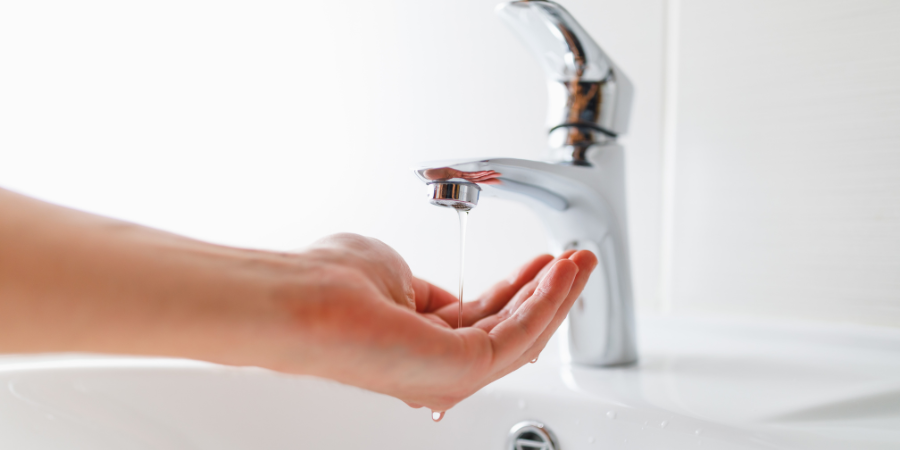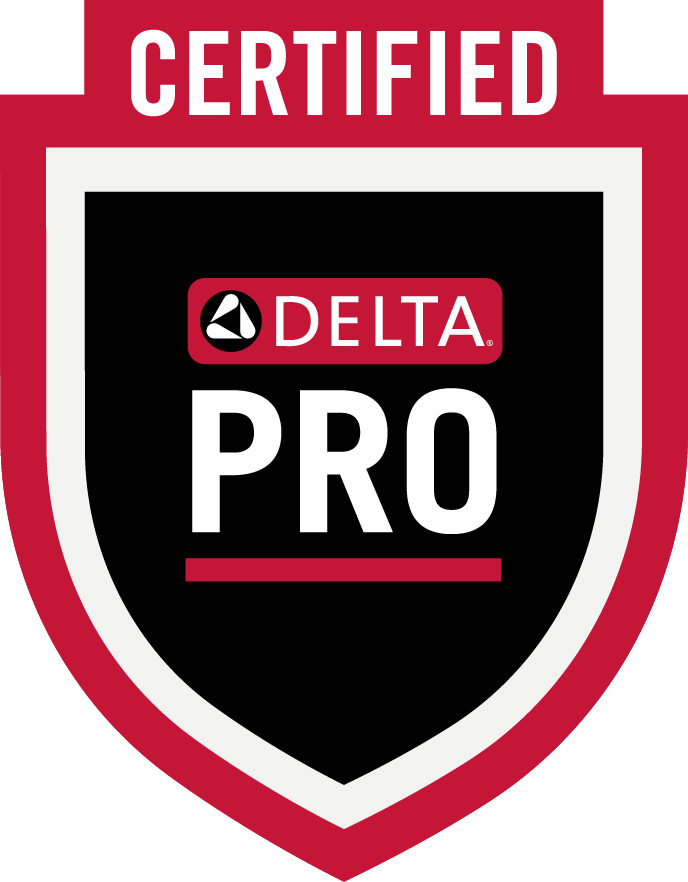Water pressure is an essential element of a well-functioning plumbing system in any residential setting. It affects everything from your morning shower to the performance of your washing machine. Yet, many homeowners are unaware of the importance of maintaining optimal water pressure or how to address issues when they arise. Proper water pressure ensures that all your fixtures and appliances work efficiently and prevents damage to your plumbing system.
In this article, OVC Plumbing and Drain will guide you through the intricacies of residential water pressure. You will learn what water pressure is, the optimal levels to maintain, common problems associated with both high and low water pressure, and how to diagnose and correct these issues. Additionally, we will cover preventive measures to ensure your plumbing system remains in top condition.
Definition Of Water Pressure
Water pressure refers to the force exerted by water as it flows through your home’s plumbing system. It is typically measured in pounds per square inch (PSI). The right water pressure ensures that water flows adequately through your fixtures, providing a comfortable and efficient use of water.
Optimal Water Pressure Level
Maintaining the correct water pressure is crucial for the smooth operation of your plumbing system. The ideal water pressure for most homes ranges between 40 and 60 PSI. Water pressure that falls within this range helps to ensure that your plumbing fixtures and appliances operate efficiently without causing unnecessary strain on your pipes.
How High Water Pressure Affects Plumbing
High water pressure can cause significant damage to residential plumbing systems by exerting excessive force on pipes, leading to leaks and bursts. It also accelerates the wear and tear of plumbing fixtures and appliances, reducing their lifespan and efficiency. Additionally, high water pressure increases the risk of water hammer, a phenomenon that creates loud banging noises in pipes and can lead to further damage over time.
Causes Of High Water Pressure
High water pressure is often caused by a malfunctioning pressure regulator or a municipal supply system delivering water at too high a pressure. This can put undue stress on your plumbing system and can easily be recognized by anyone using the plumbing fixtures or appliances.
Symptoms Of High Water Pressure
Symptoms of high water pressure include banging pipes, frequently leaking faucets, and appliances that wear out quicker than expected. It can also cause your water heater and other fixtures to work harder than necessary, leading to higher energy bills. The easiest way to detect high pressure is by observing the force at which the water exits the faucets.
How Low Pressure Affects Plumbing
Low water pressure can be just as problematic as high water pressure and probably considered far more annoying. Here we look at what leads to low pressure and how it affects homeowners.
Causes Of Low Water Pressure
Low water pressure is usually caused by clogged pipes, leaks, or issues with the municipal water supply. Sediment build-up within water-delivering pipes can also restrict water flow, leading to decreased pressure.
Symptoms Of Low Water Pressure
Common symptoms of low water pressure include weak water flow from faucets, slow-filling appliances, and poor performance from your shower and other fixtures. This can be particularly frustrating since it takes considerably longer to perform daily tasks which has a significant impact your daily routines.
How High And Low Pressure Affect Different Areas Of The Home
Water pressure issues can be felt in all areas where water is used inside your home. Awareness is the first step in rectifying pressure problems.
In The Kitchen
In the kitchen, high water pressure can cause faucets to leak as the pressurized water exerts strain on faucet components. It also can cause dishwashers to perform poorly, leaving behind dishes and glasses that are not clean. Low water pressure can make it difficult to wash dishes since the water is coming out of the faucets at half-strength. It can also cause frustration since simple tasks appear to be happening in slow motion such as when you go to fill a pot.
In The Bath
In the bathroom, high water pressure can lead to noisy pipes and potentially damage to your showerhead and other fixtures. It might feel delightful to be showering under a forceful flow of water but the hidden damages are not worth it. Low pressure can result in very slow-filling tubs and toilets that do not have enough power to empty the bowl completely.
In The Laundry Room
In the laundry room, high pressure can cause washing machines to wear out more quickly, especially the water inlet hoses which pose a real risk of flooding if they burst. Low pressure, on the other hand, can result in longer fill times and ineffective cleaning of clothing.
How To Diagnose Water Pressure Issues
Properly diagnosing water pressure issues is the first step toward resolving them. This step is best left to a professional who has the expertise to get to the bottom of the issue quickly and accurately.
Is It Your Problem?
First, determine if the water pressure issue is isolated to your home. Check for visible leaks, and listen for unusual sounds in your plumbing. When there are hidden leaks there will always be low water pressure issues. For high pressure issues you will likely find it is present in every fixture in your home. This may indicate the problem is originating outside of your home.
Is It The Municipal Supplier’s Problem?
Sometimes, the issue may lie with the municipal water supply. Contact your neighbors to see if they are facing similar issues or your water supplier to see if there are known issues or if maintenance work is being conducted in your area.
A Pressure Gauge Will Help
Luckily, you can measure the water pressure in your home very simply by using a pressure guague which can be purchased at any home supply outlet. Attach the gauge to an outdoor spigot and turn on the water to get an accurate reading.
How To Correct Pressure Problems
Once diagnosed, addressing water pressure issues can prevent further problems. This is where a professional really shines in helping homeowners control their water pressure problems.
Low Pressure
For low water pressure, the plumber will check for and clear any clogs in your pipes, fix leaks, and ensure that your water main valve is fully open. They may also suggest upgrading old plumbing fixtures and pipes to help improve water flow.
High Pressure
To correct high water pressure, a professional can install or adjust a pressure-reducing valve (PRV). This will help to bring the water entering a home pressure down to a safe and manageable level.
Prevention
Preventing water pressure issues involves regular ongoing maintenance by a licensed and insured plumber and the installation of proper equipment to manage pressure concerns.
Regular Maintenance
Schedule regular plumbing inspections (at minimum, once a year)to identify and address potential issues before they become serious problems. Routine maintenance can help maintain optimal water pressure and remove the anxiety of inadequate water pressure whether that means too high or too low.
Pressure Regulator
A pressure regulator will help maintain consistent and safe water pressure levels. These devices make it easy for homeowners to monitor their pressure and allow them to call for help promptly should an issue arise.
Looking To Manage Water Pressure Problems In Your Home?
Understanding and maintaining the correct water pressure in your home is essential for the efficiency and longevity of your plumbing system. By knowing the causes and symptoms of both high and low water pressure, you can diagnose and address issues promptly, ensuring your fixtures and appliances function optimally.
Regular maintenance and the use of proper equipment like pressure regulators can prevent future water pressure problems. At OVC Plumbing and Drain, we are dedicated to helping you maintain a healthy plumbing system. If you experience water pressure issues or need professional assistance, don’t hesitate to contact us.
Call OVC Plumbing and Drain today to schedule an inspection or consultation. Our experienced team is ready to provide you with the best solutions to keep your plumbing system in top condition and your pressure under control. Let’s team up for a healthy plumbing system at your home!






